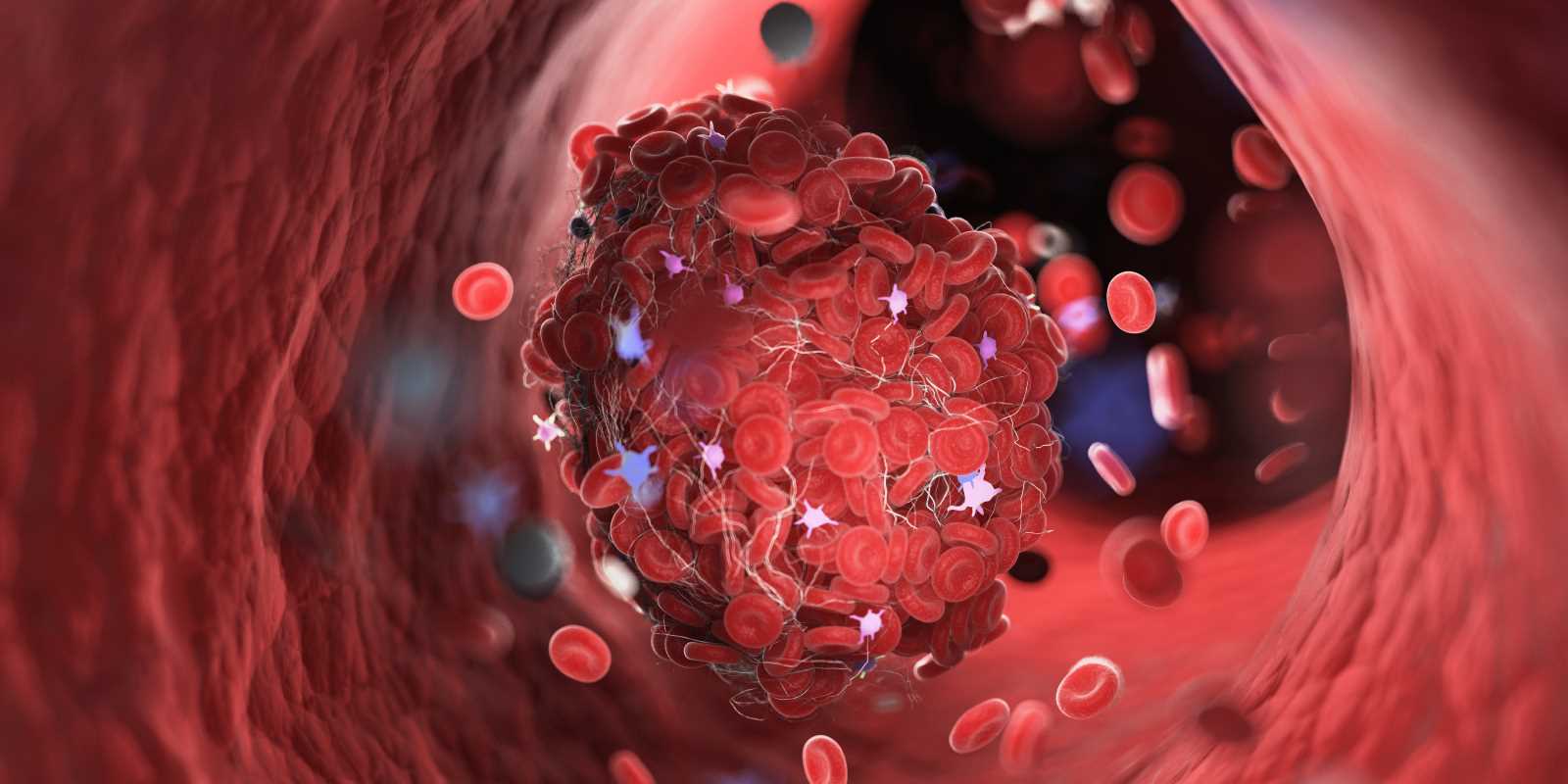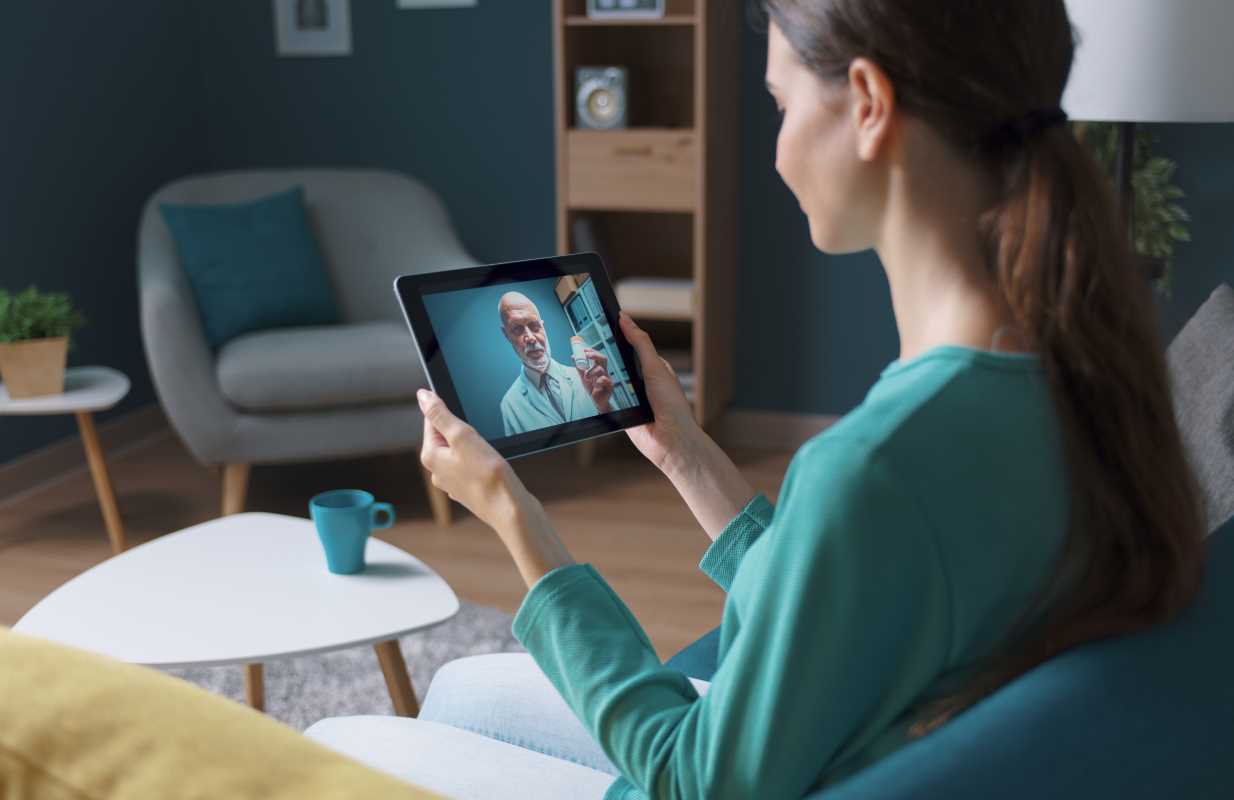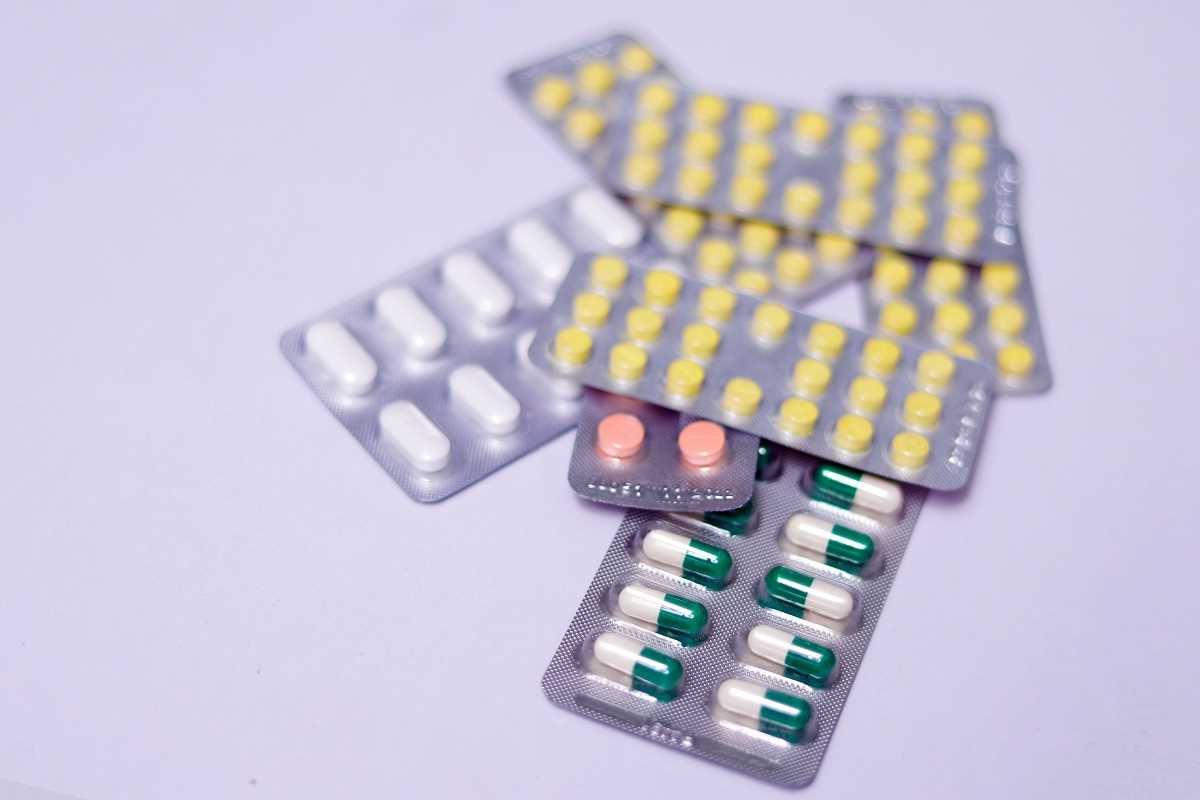That first sip of morning coffee—it's practically sacred, isn't it? For millions of adults, coffee isn't just a beverage; it's a ritual that jumpstarts the day and provides comfort throughout busy schedules. But here's something that might surprise you: your beloved cup of joe could be interfering with some of your medications in ways you never imagined.
If you're among the many adults managing prescriptions for conditions like high blood pressure, diabetes, or osteoporosis, understanding how coffee interacts with your medications becomes incredibly important. The good news? With a little knowledge and some simple timing adjustments, you can continue enjoying your coffee while ensuring your medications work as intended.
Let's explore the fascinating—and sometimes concerning—ways coffee can affect your prescriptions and discover practical strategies to keep both your morning ritual and your health on track.
The Science Behind Coffee and Medication Interactions
Coffee contains much more than caffeine. It's a complex mixture of over 1,000 chemical compounds, including antioxidants, acids, and other bioactive substances. While these compounds contribute to coffee's health benefits, they can also interfere with how your body processes certain medications.
The primary culprit is caffeine, which affects your body's metabolism through your liver's enzyme systems. Your liver uses specific enzymes to break down both caffeine and many medications. When you drink coffee, these enzymes become occupied processing caffeine, potentially slowing down or speeding up how quickly your medications are metabolized.
Additionally, coffee's acidity can affect how well certain medications dissolve and absorb in your stomach. Some drugs need an acidic environment to work properly, while others require a more neutral pH to be absorbed effectively. Coffee can tip this delicate balance, sometimes dramatically altering a medication's effectiveness.
Antibiotics: When Coffee Fights Your Infection Treatment
One of the most significant interactions occurs between coffee and certain antibiotics, particularly the fluoroquinolone class, which includes ciprofloxacin (Cipro), levofloxacin (Levaquin), and norfloxacin.
Coffee contains compounds called tannins that can bind to these antibiotics in your stomach, forming complexes that your body cannot absorb effectively. This means less antibiotic reaches your bloodstream, potentially allowing bacterial infections to persist or worsen.
The interaction is so significant that drinking coffee within two hours of taking ciprofloxacin can reduce the antibiotic's absorption by up to 40%. Imagine taking your prescribed dose but only receiving 60% of its intended effect—that's not enough to fight serious infections effectively.
What you can do: If you're prescribed fluoroquinolone antibiotics, time your coffee consumption carefully. Take your antibiotic on an empty stomach with plain water, then wait at least two hours before enjoying your coffee. If you typically take medication with breakfast, consider switching to an evening dose or adjusting your morning routine temporarily.
Antidepressants: A Potentially Dangerous Combination
Coffee interactions with antidepressants can range from inconvenient to genuinely dangerous, depending on the specific medication class.
Monoamine oxidase inhibitors (MAO inhibitors) like phenelzine (Nardil) and tranylcypromine (Parnate) present the most serious concern. These older antidepressants work by blocking enzymes that break down neurotransmitters like serotonin and norepinephrine. Coffee contains small amounts of tyramine, a compound that these medications prevent your body from processing normally.
When tyramine builds up in your system while taking MAO inhibitors, it can cause a dangerous spike in blood pressure called a hypertensive crisis. This can lead to severe headaches, chest pain, nausea, and in extreme cases, stroke or heart attack.
Even more common antidepressants like SSRIs can interact with coffee, though less dramatically. Coffee can increase anxiety and jitteriness—side effects that some people already experience with medications like sertraline (Zoloft) or fluoxetine (Prozac).
What you can do: If you're taking MAO inhibitors, work closely with your healthcare provider to understand all dietary restrictions, including coffee consumption. For other antidepressants, monitor how coffee affects your anxiety levels and overall mood, especially when starting a new medication.
Thyroid Medications: Timing Is Everything
Levothyroxine, the most commonly prescribed thyroid replacement hormone, has a particularly troublesome relationship with coffee. This medication must be absorbed completely to maintain proper thyroid hormone levels, which regulate your metabolism, energy, and overall health.
Coffee significantly reduces levothyroxine absorption when taken together. Studies show that coffee can decrease absorption by as much as 55%, essentially rendering your prescribed dose inadequate. This can leave you feeling tired, sluggish, and experiencing other symptoms of underactive thyroid function, even while taking medication.
The problem stems from coffee's effect on stomach acid production and the speed at which food and liquid move through your digestive system. Coffee stimulates gastric acid production, which sounds helpful, but it also speeds up stomach emptying. This gives levothyroxine less time to dissolve and absorb properly.
What you can do: Take levothyroxine first thing in the morning with plain water on a completely empty stomach. Wait at least one hour—preferably 90 minutes—before drinking coffee or eating anything. This timing ensures maximum absorption of your thyroid medication while still allowing you to enjoy your morning coffee routine.
Osteoporosis Medications: Protecting Your Bone Health
Medications for osteoporosis, particularly bisphosphonates like alendronate (Fosamax) and risedronate (Actonel), have very specific absorption requirements that coffee can disrupt.
These medications are notoriously difficult for your body to absorb under the best circumstances—typically only 1-2% of the dose is absorbed even when taken correctly. Coffee can reduce this already minimal absorption even further, potentially leaving your bones without adequate protection.
The calcium and other minerals in coffee can bind to bisphosphonates in your stomach, forming compounds that cannot be absorbed. Additionally, coffee's acidity and other components can interfere with the precise stomach conditions these medications need.
What you can do: Take osteoporosis medications first thing in the morning with plain water on an empty stomach. Wait at least 30 minutes—though some doctors recommend 60 minutes—before consuming coffee, food, or other beverages. Remain upright during this waiting period to prevent stomach irritation.
Blood Pressure Medications: A Complex Relationship
The relationship between coffee and blood pressure medications varies significantly depending on the specific drug class, but the interactions can affect your cardiovascular health.
Caffeine naturally raises blood pressure temporarily by stimulating your nervous system and potentially narrowing blood vessels. If you're taking medications to lower blood pressure, coffee might counteract some of their benefits, especially if consumed in large quantities.
Some beta-blockers, which slow your heart rate and reduce blood pressure, can interact with caffeine in unexpected ways. Caffeine normally increases heart rate and can cause jitters, but beta-blockers block these effects. This might seem helpful, but it can also mask caffeine's stimulating effects, leading some people to drink more coffee than usual and potentially experience other caffeine-related side effects.
What you can do: Monitor your blood pressure regularly if you're a coffee drinker taking blood pressure medications. Keep a log of your readings and note your coffee consumption to identify any patterns. Discuss your findings with your healthcare provider to determine if medication adjustments are needed.
Iron Supplements: Fighting Absorption Issues
If you take iron supplements for anemia or iron deficiency, coffee can significantly reduce their effectiveness. Coffee contains polyphenols and tannins that bind to iron in your digestive system, preventing absorption.
This interaction can reduce iron absorption by 60-90% when coffee is consumed with or shortly after taking iron supplements. For adults already struggling with low iron levels, this dramatic reduction can prevent recovery and maintain symptoms like fatigue and weakness.
What you can do: Separate iron supplements and coffee by at least two hours. Consider taking iron supplements with vitamin C-rich foods or beverages (like orange juice) to enhance absorption, but avoid coffee during this time.
Practical Strategies for Coffee Lovers
Managing medication interactions doesn't mean giving up your beloved coffee habit. Here are proven strategies to enjoy both:
Create a morning schedule: Develop a consistent routine that prioritizes medication timing. Many people find success taking medications immediately upon waking, then setting a timer for their coffee break.
Use smartphone reminders: Set alarms for medication times and coffee breaks to ensure proper spacing throughout the day.
Consider decaffeinated alternatives: If timing becomes too complicated, switching to decaf for part of the day might reduce interactions while maintaining your routine.
Communicate with your healthcare team: Your doctor and pharmacist can provide specific guidance based on your exact medications and health conditions.
When to Seek Professional Guidance
Consult your healthcare provider if you experience:
- Changes in how you feel after starting new medications
- Persistent symptoms despite taking medications as prescribed
- Difficulty managing complex medication timing
- Questions about specific drug interactions
Your pharmacist is also an excellent resource for interaction questions and can review your complete medication list for potential issues.
Disclaimer: The content provided on SuperHealthyTips is for informational and educational purposes only. This information is not intended to be a substitute for professional medical advice, diagnosis, or treatment.

.jpg)





